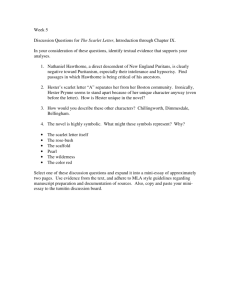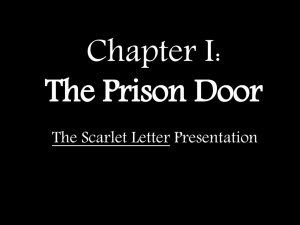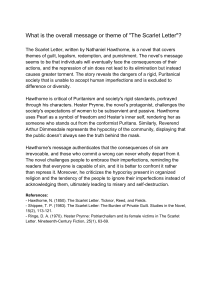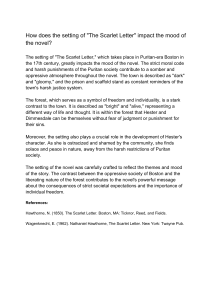What role does religion play in The Scarlet Letter and how does it impact the characters
advertisement
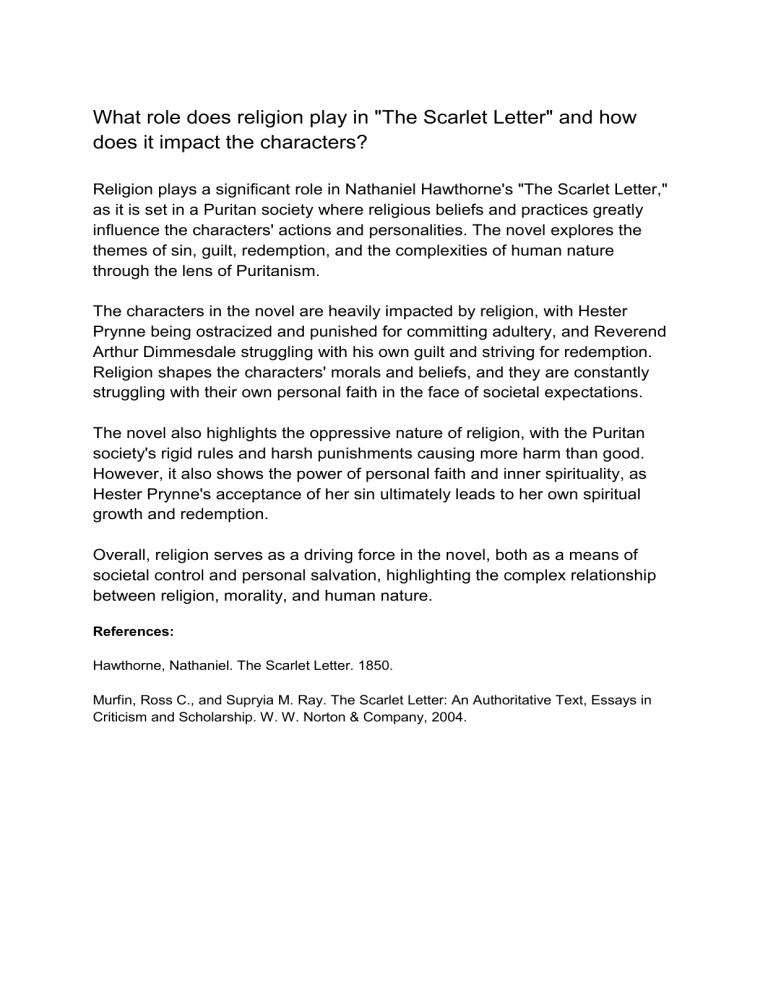
What role does religion play in "The Scarlet Letter" and how does it impact the characters? Religion plays a significant role in Nathaniel Hawthorne's "The Scarlet Letter," as it is set in a Puritan society where religious beliefs and practices greatly influence the characters' actions and personalities. The novel explores the themes of sin, guilt, redemption, and the complexities of human nature through the lens of Puritanism. The characters in the novel are heavily impacted by religion, with Hester Prynne being ostracized and punished for committing adultery, and Reverend Arthur Dimmesdale struggling with his own guilt and striving for redemption. Religion shapes the characters' morals and beliefs, and they are constantly struggling with their own personal faith in the face of societal expectations. The novel also highlights the oppressive nature of religion, with the Puritan society's rigid rules and harsh punishments causing more harm than good. However, it also shows the power of personal faith and inner spirituality, as Hester Prynne's acceptance of her sin ultimately leads to her own spiritual growth and redemption. Overall, religion serves as a driving force in the novel, both as a means of societal control and personal salvation, highlighting the complex relationship between religion, morality, and human nature. References: Hawthorne, Nathaniel. The Scarlet Letter. 1850. Murfin, Ross C., and Supryia M. Ray. The Scarlet Letter: An Authoritative Text, Essays in Criticism and Scholarship. W. W. Norton & Company, 2004.
